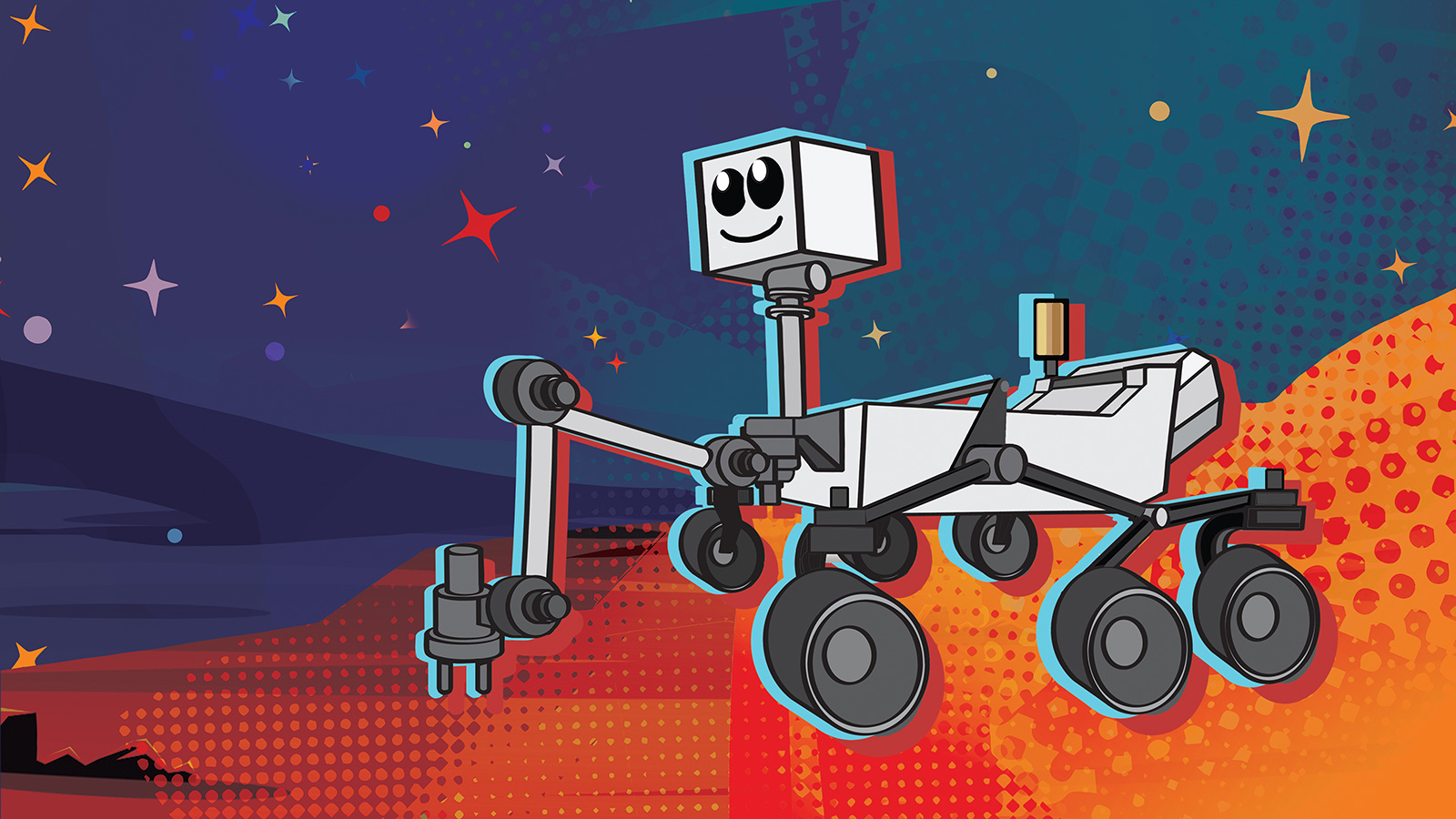
You can help name NASA's next Mars rover, even if you're not a kid.
This fall, the space agency will ask K-12 students across the United States to propose names for the 2020 Mars rover, which will launch toward the Red Planet in July of next year.
NASA would appreciate some assistance vetting the thousands of expected submissions, so agency officials are encouraging folks to be volunteer judges. If you're a U.S. resident willing to spare about 5 hours of your time to make or break the dreams of children, you can apply here.
Related: NASA's Mars Rover 2020 Mission in Pictures (Gallery)
The judge-application site is run by California-based organization Future Engineers, one of two partners working with NASA on the Mars 2020-naming campaign. The other partner is Battelle Education of Columbus, Ohio.
"We're very excited about this exceptional partnership," George Tahu, the Mars 2020 program executive in NASA's Planetary Science Division at the agency's Headquarters in Washington, said in a statement Tuesday (June 25) announcing the collaboration.
"Contests like this present excellent opportunities to invite young students and educators to be a part of this journey to understand the possibilities for life beyond Earth and to advance new capabilities in exploration technology," Tahu added.
Get the Space.com Newsletter
Breaking space news, the latest updates on rocket launches, skywatching events and more!
Mars 2020 is a car-size rover designed to hunt for signs of ancient Red Planet life, cache samples for future return to Earth, test technologies that will aid human exploration of Mars, and conduct a number of other studies.
The six-wheeled robot, whose body is based on that of NASA's Curiosity Mars rover, will land in February 2021 inside the 28-mile-wide (45 kilometers) Jezero Crater. Jezero was selected as the landing site partly because it harbored a river delta in the ancient past.
Student naming competitions are nothing new for NASA; they are how the agency's Mars rovers traditionally get their handles. For example, "Curiosity" was proposed nearly a decade ago by then-sixth grader Clara Ma.
Even if you don't participate in the upcoming competition, you can still be a part of the Mars 2020 mission. You can send your own name to the Red Planet, etched on a microchip that will fly aboard the 1-ton rover.
Another life-hunting rover will land on the Red Planet at about the same time as Mars 2020 — the ExoMars rover, a joint project of Europe and Russia. This robot already has a name: Rosalind Franklin, after the pioneering chemist who helped figure out the double-helix structure of DNA.
- Mars 2020: The Red Planet's Next Rover
- Amazing Mars Photos by NASA's Curiosity Rover
- Photos: Ancient Mars Lake Could Have Supported Life
Mike Wall's book about the search for alien life, "Out There" (Grand Central Publishing, 2018; illustrated by Karl Tate), is out now. Follow him on Twitter @michaeldwall. Follow us on Twitter @Spacedotcom or Facebook.
Join our Space Forums to keep talking space on the latest missions, night sky and more! And if you have a news tip, correction or comment, let us know at: community@space.com.

Michael Wall is a Senior Space Writer with Space.com and joined the team in 2010. He primarily covers exoplanets, spaceflight and military space, but has been known to dabble in the space art beat. His book about the search for alien life, "Out There," was published on Nov. 13, 2018. Before becoming a science writer, Michael worked as a herpetologist and wildlife biologist. He has a Ph.D. in evolutionary biology from the University of Sydney, Australia, a bachelor's degree from the University of Arizona, and a graduate certificate in science writing from the University of California, Santa Cruz. To find out what his latest project is, you can follow Michael on Twitter.









